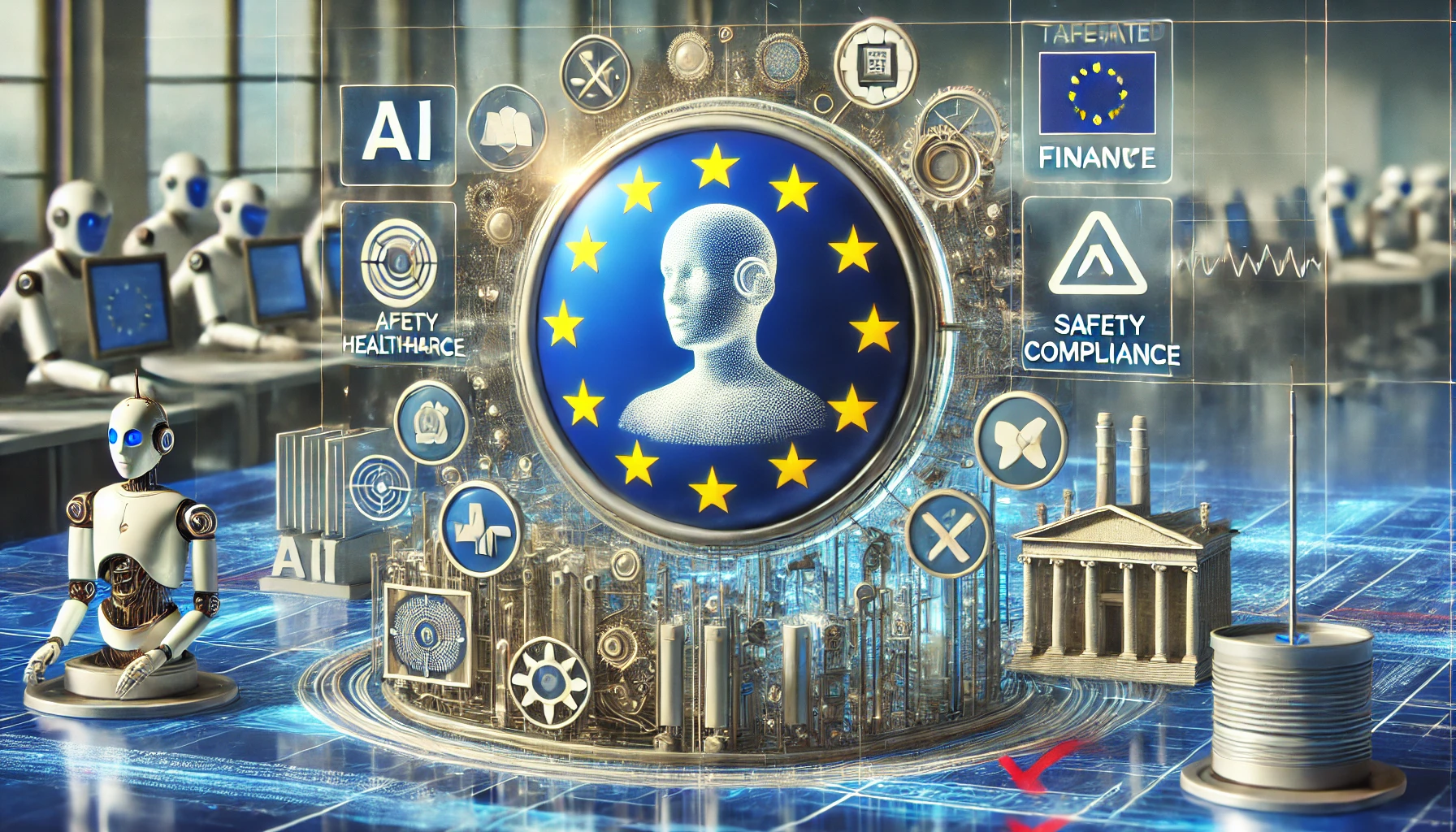As artificial intelligence (AI) continues to revolutionize industries and reshape economies, the need for comprehensive regulation has become increasingly urgent. The European Union (EU) has responded to this challenge with the introduction of the EU AI Act, the world’s first comprehensive regulation designed to govern AI technologies. This landmark legislation aims to set global standards for the transparency, safety, and accountability of AI systems, ensuring that the benefits of AI are realized while minimizing potential risks.
Understanding the EU AI Act
The EU AI Act represents a bold step toward regulating AI technologies across the European Union. It categorizes AI systems based on their risk levels, ranging from minimal to high risk, and establishes a framework to ensure that these systems are developed and deployed responsibly. The Act’s primary focus is on transparency, safety, and accountability, making it a cornerstone in the global discourse on AI ethics and governance.
Key Features of the EU AI Act
- Risk-Based Classification: The AI Act classifies AI systems into four categories based on their potential risks: unacceptable, high, limited, and minimal risk. Systems deemed as posing an “unacceptable risk” are banned entirely, while those classified as “high risk” are subject to strict regulations. This classification ensures that the level of oversight corresponds to the potential impact of the AI system.
- Transparency Requirements: One of the core components of the AI Act is its emphasis on transparency. AI systems, particularly those interacting with humans, are required to disclose their AI nature to users. This transparency is crucial in building trust and ensuring that users are aware when they are engaging with an AI system.
- Safety Standards: The AI Act sets stringent safety requirements for AI systems, particularly those classified as high risk. These systems must undergo rigorous testing and validation to ensure they do not pose undue harm to individuals or society. This aspect of the Act is designed to prevent scenarios where AI technologies could cause physical, emotional, or financial harm.
- Accountability Mechanisms: To ensure compliance with the AI Act, the legislation introduces accountability mechanisms that hold developers and deployers of AI systems responsible for their products. This includes maintaining detailed documentation of AI systems and their decision-making processes, allowing for thorough audits and assessments.
- Prohibition of Harmful AI Practices: The Act explicitly prohibits certain AI practices deemed harmful, such as those that manipulate human behavior or exploit vulnerabilities. This prohibition reflects the EU’s commitment to safeguarding fundamental rights and preventing the misuse of AI technologies.
Implications for AI Development and Deployment
The EU AI Act is expected to have far-reaching implications for the development and deployment of AI systems, not only within the EU but also globally. As the first comprehensive AI regulation, the Act is likely to influence other countries and regions as they develop their own AI governance frameworks. Companies operating in the EU, or those wishing to enter the EU market, will need to ensure that their AI systems comply with the Act’s requirements, which may lead to changes in how AI is developed, tested, and implemented.
Moreover, the Act’s emphasis on transparency and accountability is likely to drive innovation in AI governance tools and practices. Companies may invest in new technologies and methodologies to ensure that their AI systems meet the stringent requirements of the Act, potentially leading to advancements in AI explainability, safety testing, and ethical AI design.
A Global Benchmark for AI Regulation
The EU AI Act sets a global benchmark for AI regulation, showcasing how governments can take proactive steps to address the challenges posed by rapidly advancing technologies. By prioritizing transparency, safety, and accountability, the Act provides a framework that balances innovation with the protection of fundamental rights.
As AI continues to evolve and integrate into various aspects of society, the need for robust regulatory frameworks like the EU AI Act will only grow. The Act serves as a model for other regions and countries, encouraging the development of similar regulations that ensure AI technologies are used responsibly and ethically.
The EU AI Act marks a significant milestone in the regulation of artificial intelligence, setting the stage for global standards that prioritize transparency, safety, and accountability. As the first comprehensive AI regulation worldwide, the Act is poised to influence AI governance far beyond the borders of the European Union, shaping the future of AI in a way that aligns with societal values and ethical principles. For companies and developers, the Act presents both a challenge and an opportunity to innovate responsibly, ensuring that AI continues to be a force for good in the world.



